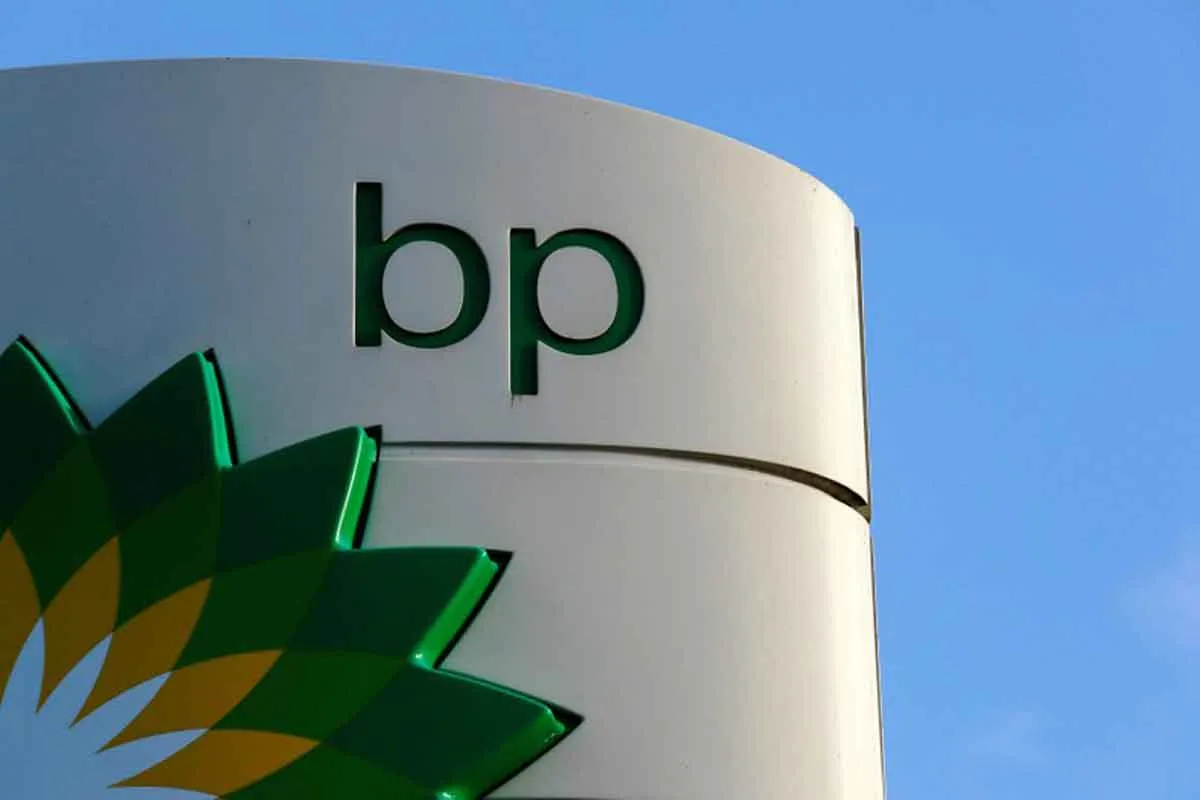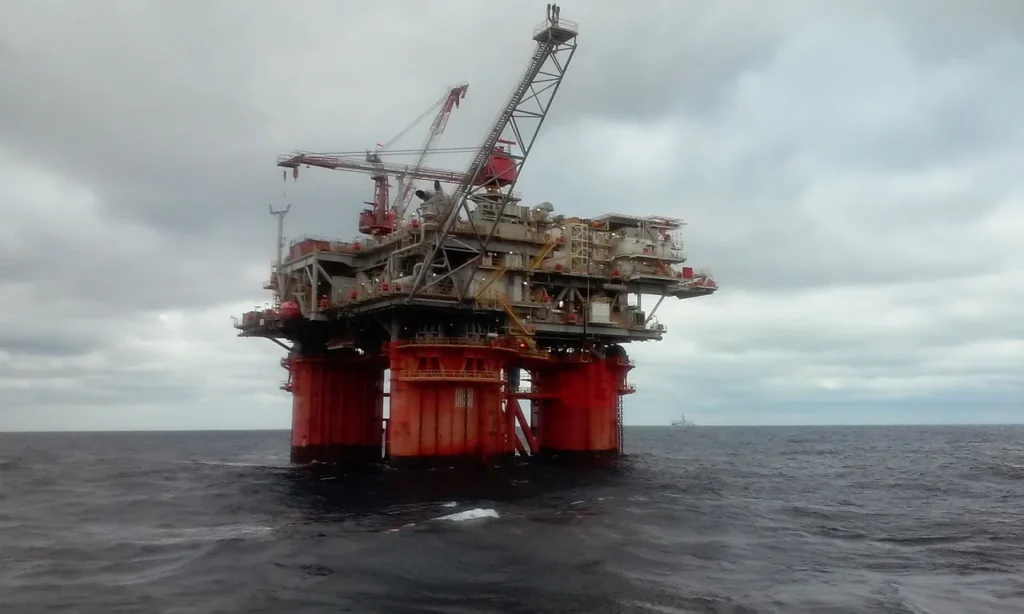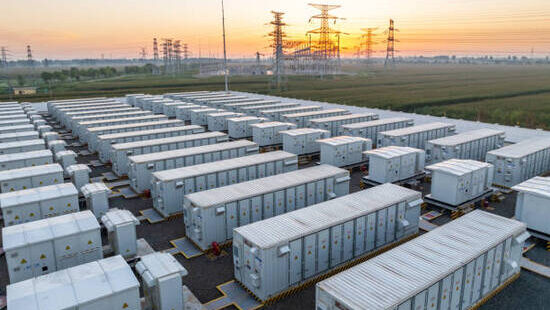
bp Announces Start of Production from Raven Second Development Phase, Offshore Egypt
bp has officially announced the commencement of production from the second development phase of the Raven field, located offshore Egypt. This significant step is part of the ongoing West Nile Delta (WND) project, with a focus on maximizing the utilization of existing infrastructure and increasing gas and condensate production to meet local energy demand. The latest phase of the Raven field development includes the subsea tieback of additional infill wells, designed to bolster the field’s overall output and extend its production life.
The Raven Second Development Phase is expected to produce around 220 billion cubic feet (Bcf) of natural gas and 7 million barrels of condensate, representing a major contribution to Egypt’s domestic energy supply. The project has been executed safely, ahead of schedule, further highlighting bp’s commitment to operational excellence and its ability to deliver impactful results efficiently. bp, the operator of the WND project, holds an 82.75% stake, with the remaining 17.25% owned by Harbour Energy, a key partner in this development.
Accelerating Production to Meet Domestic Demand
The Raven Infills project is a pivotal element of bp’s strategy to fight the natural decline of production in the Raven field while increasing output. The infill wells are designed to improve recovery rates and ensure that the existing infrastructure can support higher levels of gas and condensate production. With a particular focus on meeting Egypt’s growing domestic energy demand, the project emphasizes the efficient use of resources and the optimization of available assets.
Nader Zaki, bp’s Regional President for the Middle East and North Africa, expressed pride in the successful execution of the project, commenting, “Since January 2024, we have not stopped drilling for a single day. The primary goal of the Raven Infills project has been to address natural production declines and increase output by optimizing our existing infrastructure. This effort is crucial to meeting Egypt’s domestic market needs at pace and reflects bp’s unwavering commitment to investing in Egypt’s energy sector.”
Zaki further emphasized the importance of bp’s partnership with the Egyptian Ministry of Petroleum, the Egyptian General Petroleum Corporation (EGPC), and the Egyptian Natural Gas Holding Company (EGAS). The collaboration between bp and these key entities has been instrumental in the successful delivery of the project, with continued support and coordination proving vital to ensuring the project’s timely completion.
Commitment to Local Energy Demand
Wail Shaheen, Vice President of bp Egypt, also weighed in on the successful startup of the project, noting that it follows the recent completion of the El King exploration well, marking a series of important achievements for the company. Shaheen remarked, “The safe and efficient start-up of the Raven Infills project underscores our commitment to helping meet Egypt’s increasing local energy demand. By optimizing production from existing fields and introducing new resources, bp is continuing to strengthen its role in the energy sector.”
This statement aligns with bp’s broader strategy of ensuring that its operations not only maximize value from its existing assets but also contribute to the broader energy security and growth objectives of Egypt. By focusing on production optimization, bp is working to meet the country’s energy needs while supporting the country’s long-term energy strategy.
The Raven Field and West Nile Delta Project
The Raven field is part of the larger West Nile Delta Gas Development, which encompasses a series of gas condensate fields located offshore Egypt, within the North Alexandria and West Mediterranean Deepwater concessions. The West Nile Delta project is one of bp’s most significant offshore ventures and is central to the company’s strategy of increasing production in the region.
The Raven field itself has been in production since early 2021. The initial phase of its development involved the construction of eight subsea wells, which are located up to 65 kilometers offshore at water depths ranging from 550 to 700 meters. These wells have been instrumental in providing a steady supply of gas and condensate to the domestic market, contributing significantly to Egypt’s energy mix.

The current second phase, which includes the subsea tieback of additional infill wells, is expected to further enhance production capacity and increase the overall output from the Raven field. The development of these additional wells is designed to optimize the field’s performance, ensuring it remains a reliable source of gas and condensate for Egypt’s energy needs in the coming years.
bp’s Strategy for Growth and Efficiency
The Raven Infills project is a key example of bp’s ongoing efforts to evolve as a simpler, more focused, and higher-value company. By prioritizing the optimization of its existing assets, bp is positioning itself for sustainable growth in the energy sector while maintaining a sharp focus on efficiency and resource management. The company has made it clear that it is committed to leveraging its experience and expertise to maximize the value of its upstream projects, both in the Middle East and North Africa and around the world.
The West Nile Delta project aligns with bp’s broader strategy of maximizing production from existing assets while also looking to develop new resources in regions that are critical to global energy security. By continuing to invest in Egypt’s energy sector, bp is not only helping meet local demand but also reinforcing its position as a leading player in the global energy landscape.
Operational Excellence and Safety
Safety has remained a central focus throughout the execution of the Raven Infills project. bp has prioritized operational integrity and risk management at every stage of development, from drilling and installation to production startup. The successful and safe delivery of the project ahead of schedule is a testament to bp’s commitment to operational excellence and safety culture.
This focus on safety is further underscored by the company’s commitment to the environment. The Raven Infills project has been designed with environmental stewardship in mind, incorporating best practices to minimize its impact on the surrounding offshore environment. By adhering to strict safety standards and environmental guidelines, bp is ensuring that its operations continue to be both economically and environmentally sustainable.
The Future of Egypt’s Energy Sector
The successful start of production from the second phase of the Raven field marks an important milestone in Egypt’s energy journey. The country has made significant strides in recent years to enhance its energy infrastructure and ensure a stable and sustainable energy supply for its growing population. With the support of companies like bp and its partners, Egypt is well-positioned to continue its efforts to optimize production from its hydrocarbon resources while also diversifying its energy mix in the years ahead.
As Egypt looks to the future, the Raven Infills project is an example of how global energy companies can play a pivotal role in meeting local energy needs while contributing to broader energy security objectives. By focusing on the optimization of existing fields and infrastructure, bp is helping ensure that Egypt remains a key player in the global energy market.
The Raven project is a critical component of Egypt’s energy strategy, and bp’s continued investment in the country is a clear sign of its long-term commitment to supporting Egypt’s energy goals. The company’s ability to successfully manage and expand its operations in Egypt demonstrates its strength and expertise in offshore gas development and its capacity to deliver value to both its stakeholders and the communities in which it operates.







